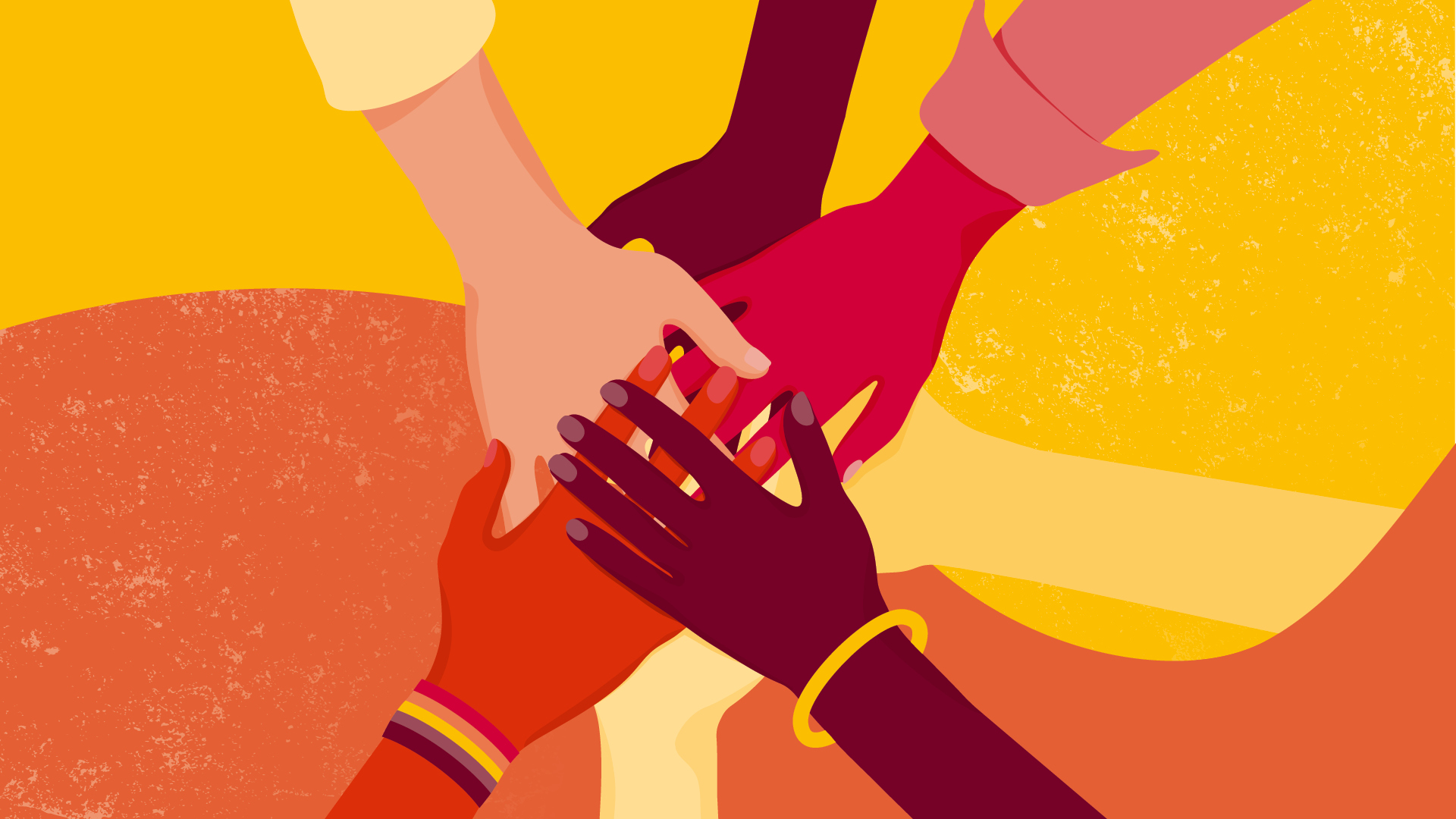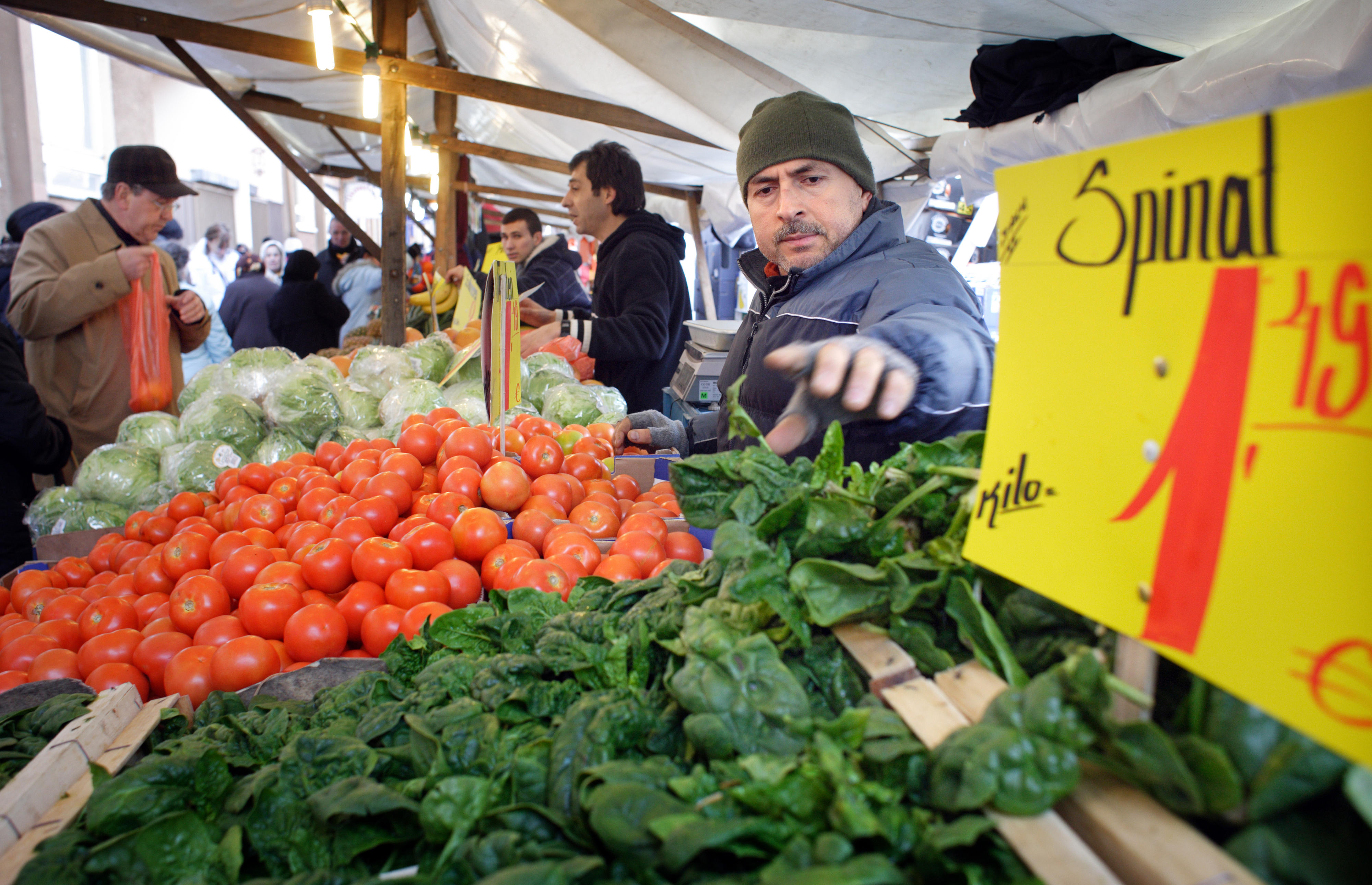German activities Migration and gender
A person’s biological sex, socially designated gender, personal gender identity and sexual orientation can all influence where they migrate to, how they migrate, and the opportunities and dangers involved.
The BMZ is committed to respecting, protecting and guaranteeing the human rights of all migrants, be it in their country of origin, transit countries or destination countries. This means ensuring that they know their rights and can assert them effectively, and it also means involving them more closely in political and societal decision-making processes. The BMZ will increase its funding for feminist development policy in future, including in the area of migration.
Feminist development policy in the area of migration
The BMZ has made it a general goal to dismantle structures that lead to discrimination against migrants in all their diversity.
It also intends to implement a development-oriented migration policy that will actively contribute to gender equality and put a particular emphasis on the independence and empowerment of female migrants and LGBTIQ+ people. The BMZ is committed to ensuring that these groups have equal access to protection, healthcare, employment, and social and political participation. The BMZ wants to protect and reinforce the human rights of all people in all areas of life – regardless of their status as refugees, asylum-seekers or migrants.
Cooperation with international partners and civil society
When it comes to implementing its feminist development policy, the BMZ works closely with other countries and international organisations, for instance within the framework of international agreements such as the Global Compact for Migration and the Global Compact on Refugees.
The BMZ also fosters close cooperation with civil society, and feminist players in particular. Key partners include organisations that specifically advocate for the rights of migrants. Successful dialogue formats have already been developed with associations and initiatives engaged in the area of development policy run by people with a migration background living in Germany.
Germany’s activities in this area include an ongoing process of learning and reflection.
Linking up with existing activities
Women are at higher risk of experiencing physical, psychological, sexualised or gender-based violence during migration. This includes human trafficking. They often lack information about the dangers of irregular migration.
As part of the UN Women programme “Making Migration Safe for Women (External link)”, the BMZ is strengthening the rights and increasing the participation of female migrants in Niger, Ethiopia and on a global level. Female migrants in Niger, for example, are being provided with information on options for safe, regular and orderly migration. The programme is also supporting the Niger and Ethiopian governments in their efforts to give more consideration to the specific needs of female migrants, both in political and legal terms and with regard to government services.
At an international level, too, the programme is pushing for norms and standards that protect and promote the rights of female migrants to be set out and elaborated.
Through the programme “Shaping development-oriented migration” (External link), the BMZ is fostering the potential support that can be given to development by people with a migration background living in Germany. Women are often underrepresented in such projects and initiatives, despite the fact that they are in a position to make a significant contribution to sustainable development in their countries of origin. The programme is therefore analysing the structural barriers that prevent women with a migration background from getting involved in development-related activities. The programme offers a variety of dialogue formats and workshops for and with women with a migration background.
As at: 11/07/2023

